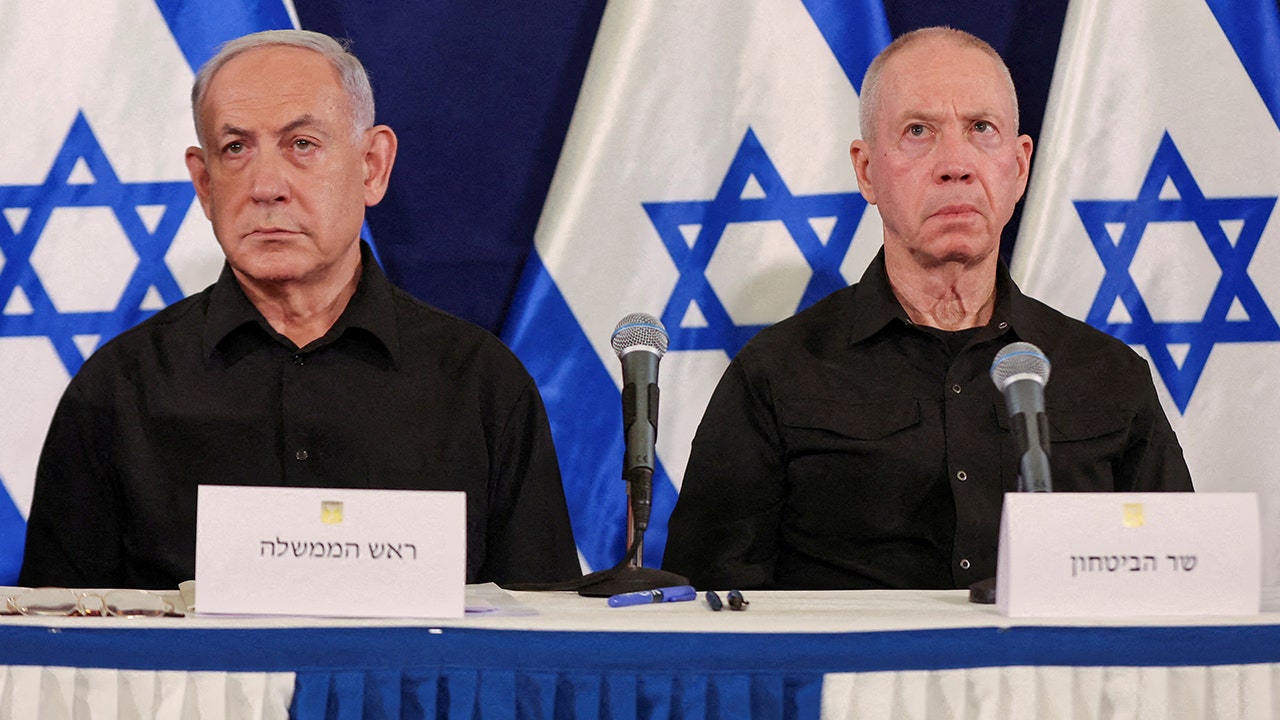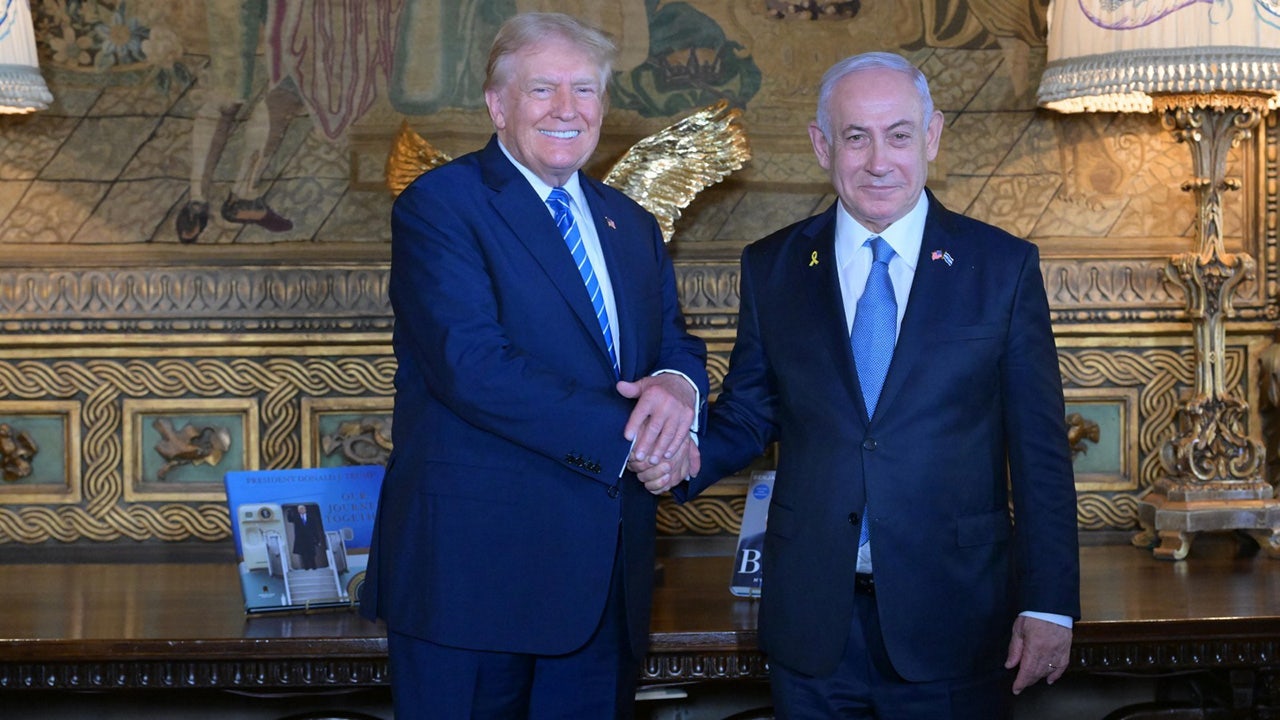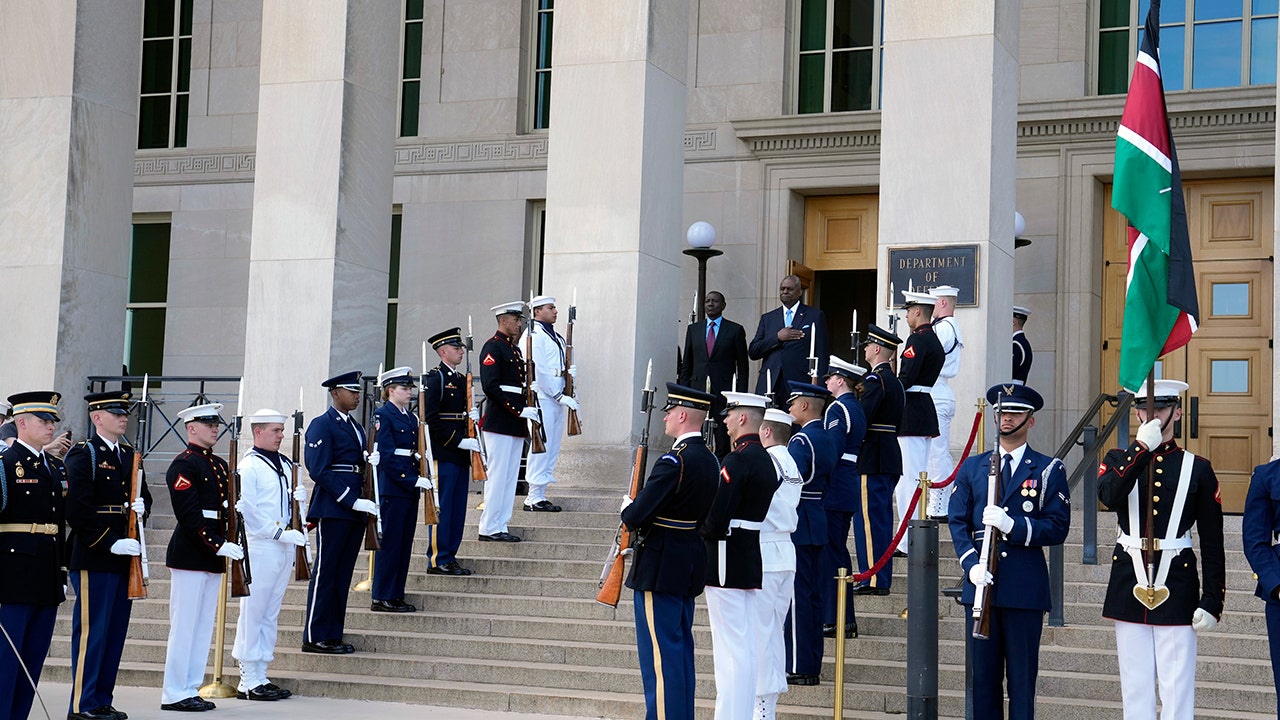Bezalel Smotrich, Israel’s far-right finance minister, said on Thursday that he had ordered about $35 million in tax revenue that Israel collected on behalf of the Palestinian Authority to be diverted to the families of Israeli victims of terrorism.
Mr. Smotrich called the decision to divert the funds “justice,” in a post on social media, and said that the amount was based on court judgments awarding compensation to relatives of terror victims. “The Palestinian Authority encourages and supports terrorism by paying the families of terrorists, prisoners, and released prisoners,” he wrote.
Earlier this month, two laws went into effect that allow victims of terrorism and hostilities to claim Palestinian funds, enabling the action Mr. Smotrich took on Thursday.
The move further imperils the already struggling West Bank-based Palestinian Authority, which is in dire economic straits, and it could inflame tensions in a territory that has seen a sharp increase in conflict and a decline in quality of life for Palestinians since the Oct. 7 Hamas-led attack on Israel set off a war in the Gaza Strip.
Matthew Miller, a U.S. State Department spokesman, called Mr. Smotrich’s decision “extraordinarily wrongheaded” and said the Biden administration had made clear to the Israeli government that “these funds belong to the Palestinian people.” Mr. Smotrich’s order “risks destabilizing the West Bank and further harming Israel’s own security,” Mr. Miller said at a news conference in Washington.
Under decades-old agreements, Israel collects customs and import taxes on behalf of the Palestinian Authority. Those revenues constitute most of the Palestinian budget, particularly as international aid has declined.
Mr. Smotrich — who has labeled the Palestinian Authority “an enemy” — has withheld funds from the authority, using his power over its purse to worsen the economic situation in an already financially depressed region.
Before Oct. 7, about 150,000 Palestinians living in the West Bank worked each day in Israel, but after the war began, Israel imposed a general ban on employing them, leading to a steep rise in unemployment in the West Bank. Some Israeli businesses have qualified for an exemption, but the ban has led to a labor shortage in Israel and aggravated economic struggle for Palestinians.
Experts have warned that without funds to pay its security forces and other government workers, the Palestinian Authority’s economic troubles could lead to more instability in the West Bank and in Israel.
In May, Mr. Smotrich said that he would withhold tax revenue from the authority after Ireland, Norway and Spain decided to recognize a Palestinian state and after the International Court of Justice said it would seek arrest warrants for Israel’s prime minister, Benjamin Netanyahu, and defense minister, Yoav Gallant, over the war against Hamas in Gaza. Mr. Smotrich accused Palestinians of using “political terrorism” against Israel in the international community.
The finance minister has also threatened that by the end of June he will withdraw the indemnity granted to Israeli banks that transfer money to financial institutions in the West Bank, a protection that ensures the Israeli banks will not be sanctioned for ties to terrorism. This is expected to chill deposits of funds to Palestinian accounts, including from Israeli companies that work with the Palestinian Authority, and could further destabilize the authority and the West Bank.
Mohammad Mustafa, the recently inaugurated Palestinian Authority prime minister, warned last month that the dire fiscal situation was contributing to a “very serious moment” in the West Bank.
Mr. Mustafa was meeting with European Union officials on Thursday for the sixth E.U.-Palestine Investment Platform. He said that the withholding of tax revenues by Israel was a major challenge and asked European allies for help with the matter, according to Palestinian news outlets.
Michael Levenson contributed reporting.






